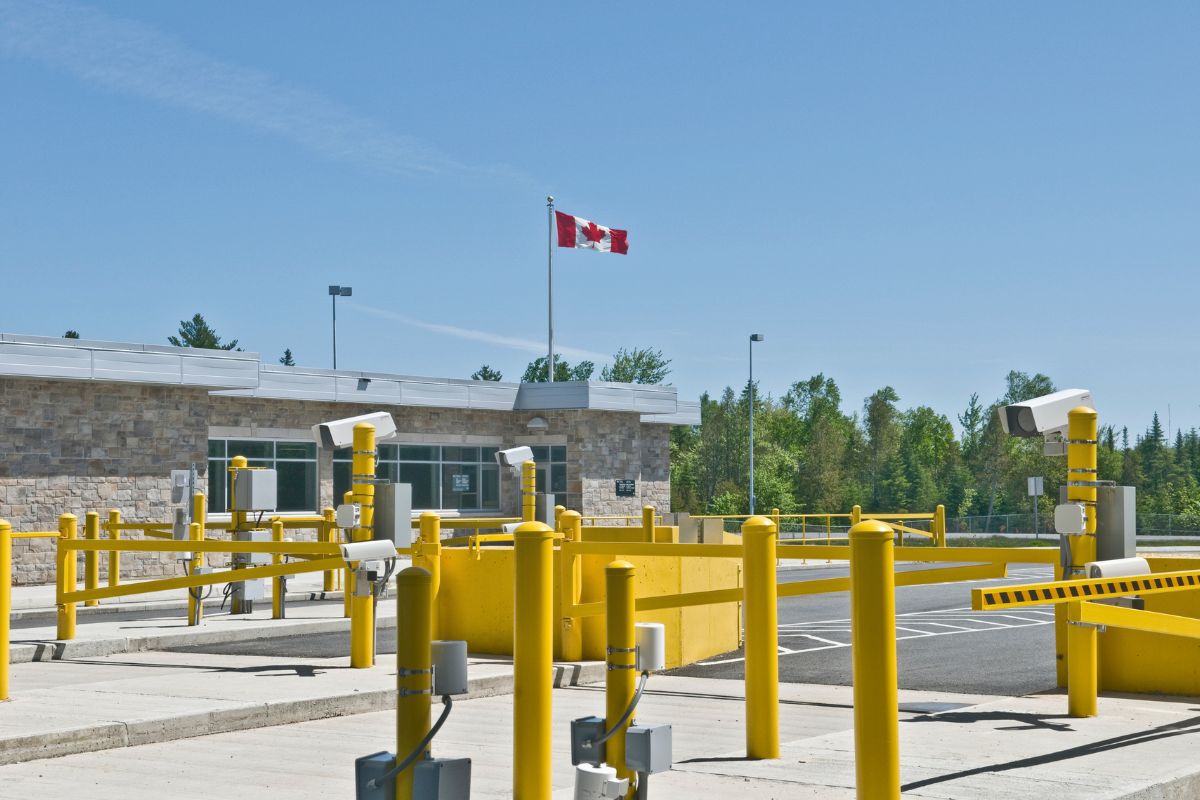What are tariffs?
Tariffs are simple. They are a tax on products and services one country imposes on another. A tariff would be imposed for one of the following reasons:
- Governments impose tariffs to raise revenue: By taxing a country that is sending another country goods and services, there is an increase in costs the receiving country can use for its financial growth.
- For example, if Japan sends Mexico fruit, Mexico could impose a tariff on all Japanese fruit, and Mexico makes some extra money.
- Protect domestic industries: Tariffs are used to ensure businesses, jobs and domestic products are safe by making items that are imported more expensive to buy.
- If Japanese fruit costs 15 per cent more because it was taxed on import, the people of Mexico might buy Mexican fruit instead because it’s less expensive.
- To exert political leverage over another country: A good explanation of this would be when Russia invaded Ukraine. Many countries protested by boycotting Russian goods or imposing sanctions.
Tariffs are used regularly, and Canada has several of them imposed on other countries, as well as from other countries on to Canada. It is normal for countries to do this and it is done frequently for the benefit of a country. But sometimes, tariffs are imposed to exert a form of control.
25% tariffs on the horizon?
In the news, there is mention of a 25 per cent tariff imposed by the United States of America on Canada and Mexico when President-Elect Donald Trump takes power on Jan. 20, 2025. This is an example of exerting political leverage on another country. According to Trump, the tariffs are due to a larger number of illegal immigrants entering the US from Canada and Mexico and the trafficking of illegal drugs (particularly Fentanyl) across these borders.
There are several ways this can be prevented. The easiest would be to engage in diplomatic negotiations to address the concerns raised by the US and find mutually beneficial solutions. This could involve addressing issues related to border security and drug trafficking. There will also be an enormous impact on the US economy. Canada sends raw materials to the US, which is manufactured into products and resold to Canada. This tariff would mean this raw material will now cost more for the USA to buy, and they will in turn cost us more to buy back. This is the basics for a trade war; one that neither country would be able to win.
How does this impact NAIT students?
Things are going to get more expensive. The US is our most reliable trade partner—according to Statistics Canada, the US accounted for 51.4 per cent of our exports and 58.8 per cent of our imports in 2023. While the US will likely continue to be Canada’s biggest trade partner after the tariffs, this might lead to a recession and economic downturn and would affect the US, as well. But this is not set in stone and the tariffs might not be imposed at this level, or at all. Here in Alberta, premiere Danielle Smith shared her plans to increase border security with help from the state of Montana in a statement on X on Nov. 27.
The government of Alberta announced on Dec. 12 the creation of an Interdiction Patrol Team made up of Alberta Sheriffs and a newly formed two-kilometre critical border zone to hinder illegal action near the border. On X, Smith has stated her opposition to the tariffs, but shares Trump’s concerns about border security and hopes to “[strengthen] our economic and energy partnership” with the states to potentially allow us to continue shipping one of Alberta’s top products across the border: energy.
Editorial Thoughts
While I do not believe the tariffs are a good thing and there are no positive outcomes for either party, maybe the increase in our border security is needed. Crime and illegal drugs have increased to a dangerous level—in 2023, the Alberta RCMP stated they have “responded to over 100 per cent more drug overdoses” compared to the previous year. At this rate, I fear our country might soon be crippled by this and lose what it means to be Canadian. I would rather see the use of government money put towards the security of the borders and the prevention of crime and drugs than paying into a tax on US products. However, if the threat of a tariff is needed to get this done, then I agree.
The other thing to consider is Prime Minister Justin Trudeau’s announcement that he will be stepping down as leader of the country and proroguing Parliament. Proroguing Parliament is a whole different topic, but the basics are that the government will not be sitting in the House of Commons until Mar. 24—though Trudeau still governs under current executive power.
What does this mean for the tariffs? What will the US do on Jan. 20 if Canada’s government is undergoing a leadership battle? Will Alberta and Montana make a meaningful difference with their new security programs? Only time will tell.






